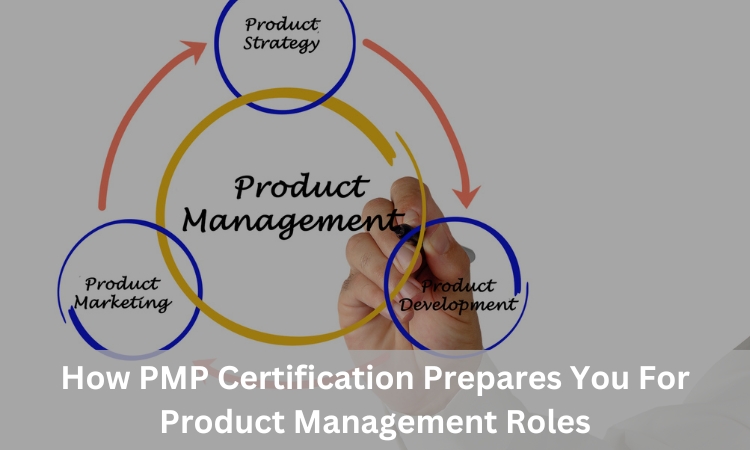While the PMP certification is traditionally associated with project management, the skills and knowledge it imparts are incredibly valuable for aspiring product managers. In this blog, we will explore how PMP certification equips professionals with the essential tools and competencies to excel in product management roles.
Understanding the PMP Certification
1. Strong Foundation in Project Management Principles
Professionals with PMP certification are trained to define project objectives, develop comprehensive project plans, allocate resources, and manage timelines. This structured approach is essential for product managers, as it allows them to create clear roadmaps that guide the product development process and ensure alignment with business goals.
2. Enhanced Risk Management Skills
PMP-certified professionals learn to conduct risk assessments, prioritize risks, and implement effective mitigation strategies. This skill set enables product managers to navigate uncertainties with confidence, ensuring that they can address challenges as they arise and maintain project momentum.
3. Effective Stakeholder Communication
Strong communication skills are essential for product managers, who must align diverse teams and ensure everyone is on the same page regarding product vision and objectives. By mastering communication techniques through PMP training, product managers can foster collaboration and build strong relationships with stakeholders, driving the success of their products.
4. Agile Methodologies and Adaptability
By understanding Agile principles through PMP certification, product managers can better manage product backlogs, prioritize features based on customer feedback, and adjust development cycles to meet evolving market demands. This adaptability is crucial for staying competitive and ensuring that products resonate with users.
5. Strategic Planning and Execution
Certified project managers are trained to conduct thorough market analyses, define key performance indicators (KPIs), and evaluate product success based on strategic goals. This strategic mindset is invaluable for product managers, who must constantly assess market opportunities and align product development efforts with the company’s vision.
6. Leadership and Team Management Skills
PMP-certified professionals learn how to motivate teams, resolve conflicts, and facilitate collaboration among diverse stakeholders. These leadership skills empower product managers to build cohesive teams that are focused on delivering high-quality products, fostering an environment of innovation and accountability.
7. Improved Decision-Making Capabilities
By honing their decision-making skills through PMP training, aspiring product managers can ensure they make strategic choices that drive product success and align with business objectives.
As the demand for skilled product managers continues to rise, obtaining the PMP certification can set you apart from the competition. Whether you’re transitioning from project management or looking to enhance your skill set, the knowledge gained through PMP training will undoubtedly prepare you to tackle the challenges of product management effectively. In a world where successful products are key to organizational success, being a certified professional can make a significant difference in your career trajectory.

